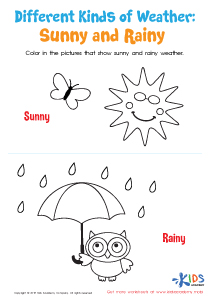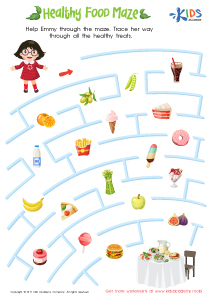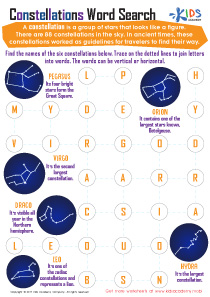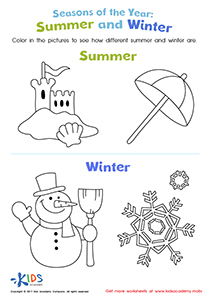Easy Life Science Worksheets for Ages 3-7
7 filtered results
-
From - To
Discover the wonders of life science with our Easy Life Science Worksheets for Ages 3-7! These engaging, printable worksheets are designed to captivate young minds and introduce basic science concepts through fun and interactive activities. Our carefully crafted materials cover essential topics such as plant and animal life cycles, body parts, and habitats, fostering curiosity and a love for learning. Perfect for preschool and early elementary students, these worksheets help develop critical thinking and observational skills, providing a solid foundation in science. Give your child a head start with our educational and entertaining life science resources!
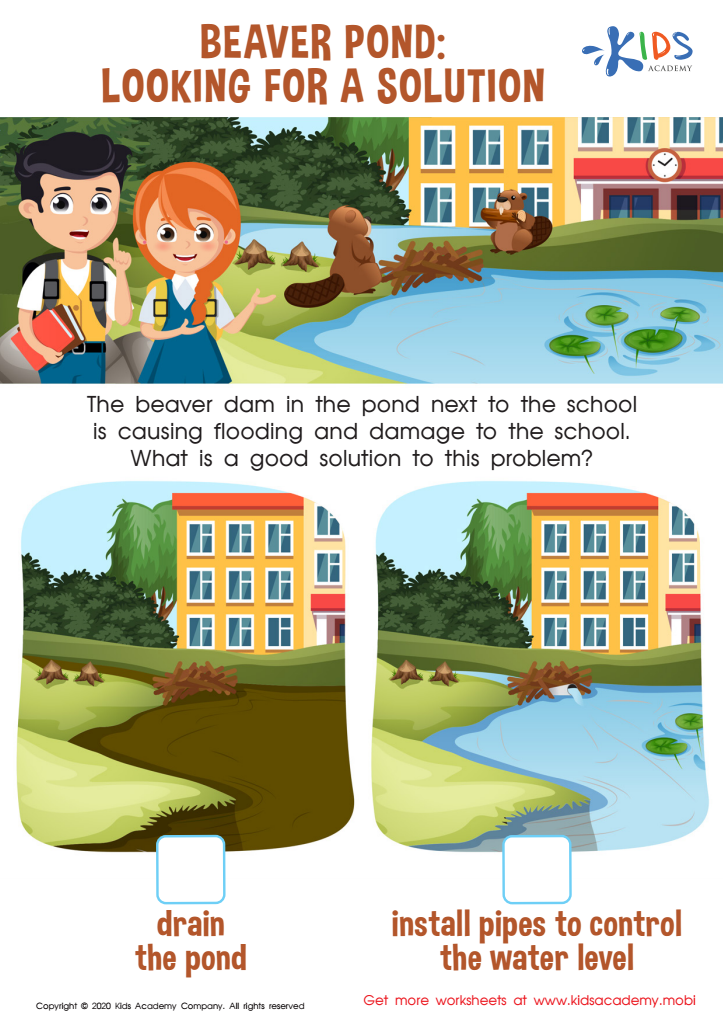

Beaver Pond: Looking for a Solution Worksheet
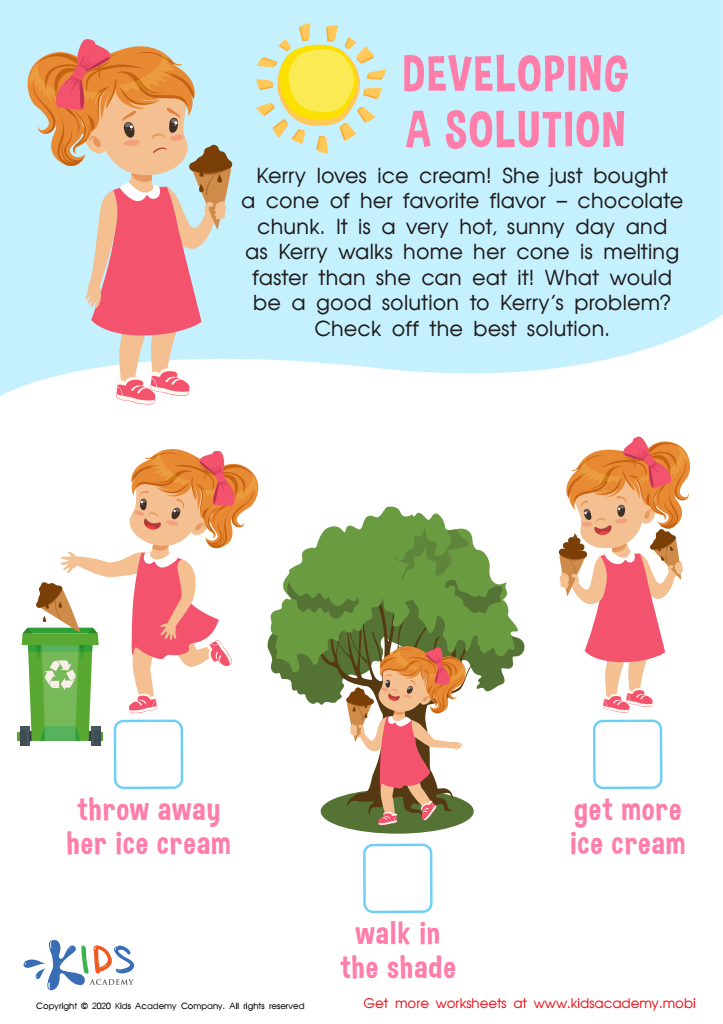

Developing Solution Worksheet
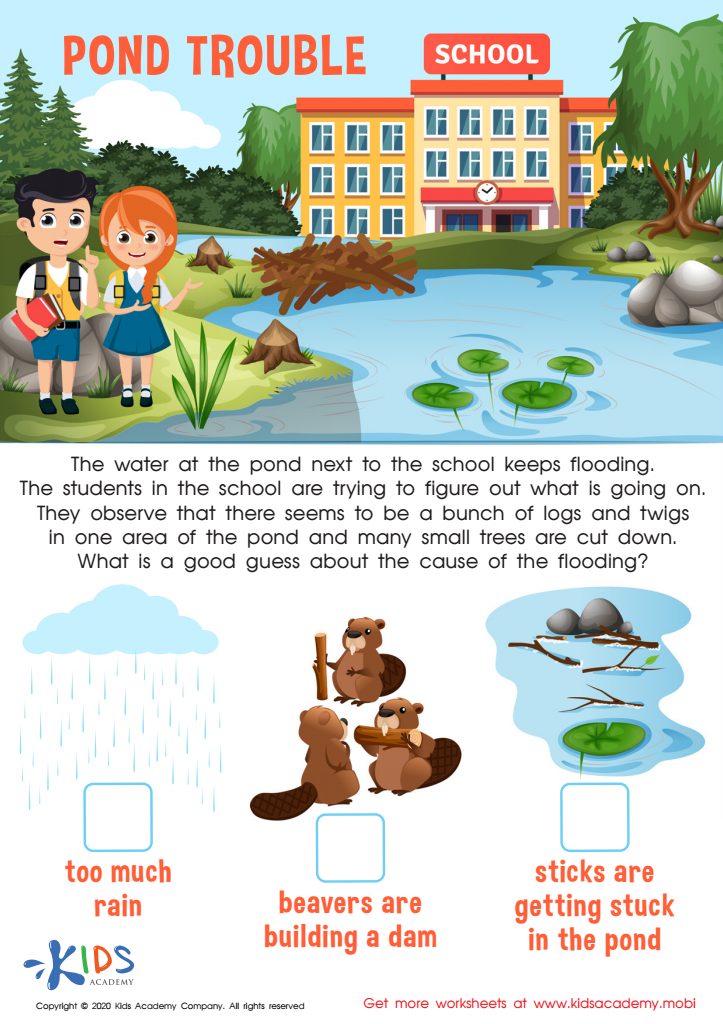

Pond Trouble Worksheet
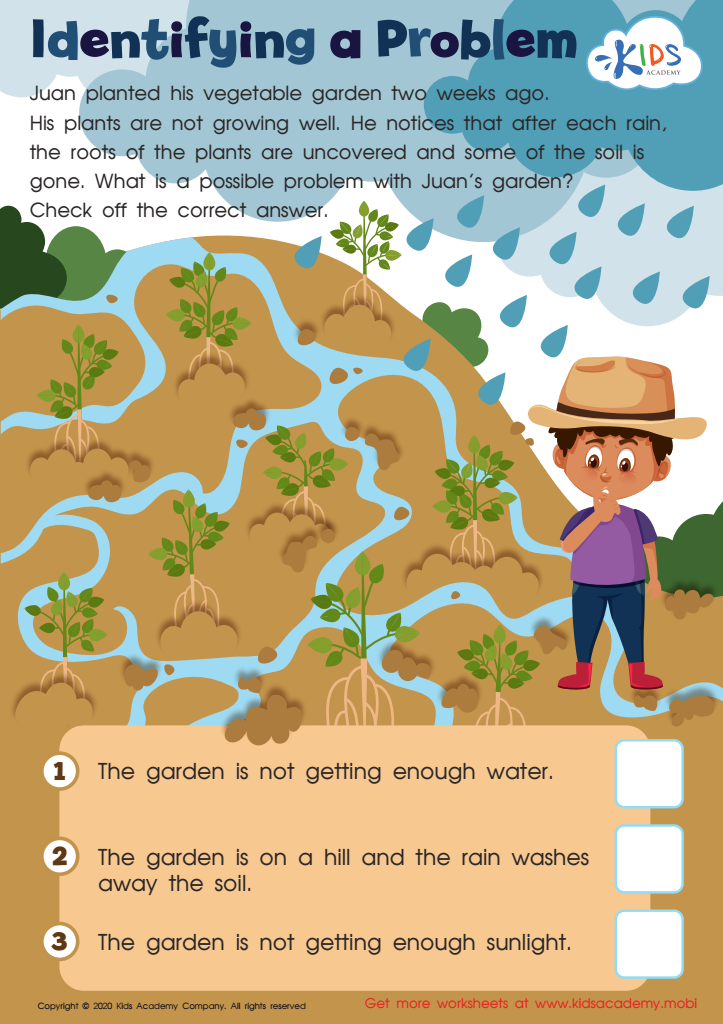

Identifying a Problem Worksheet
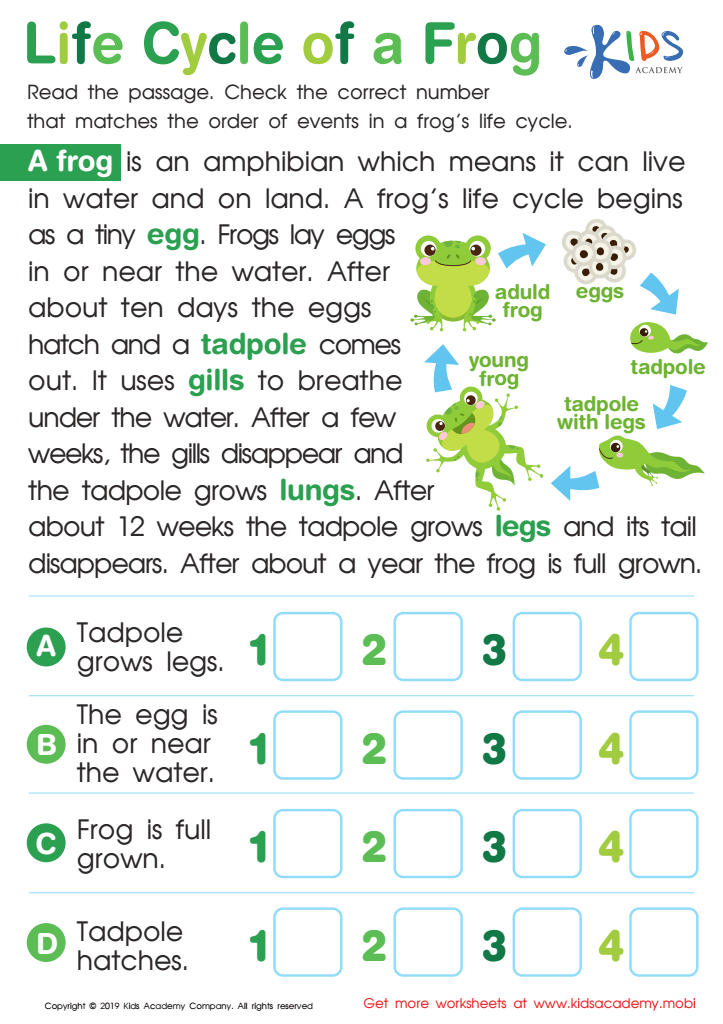

Life Cycle of a Frog Worksheet
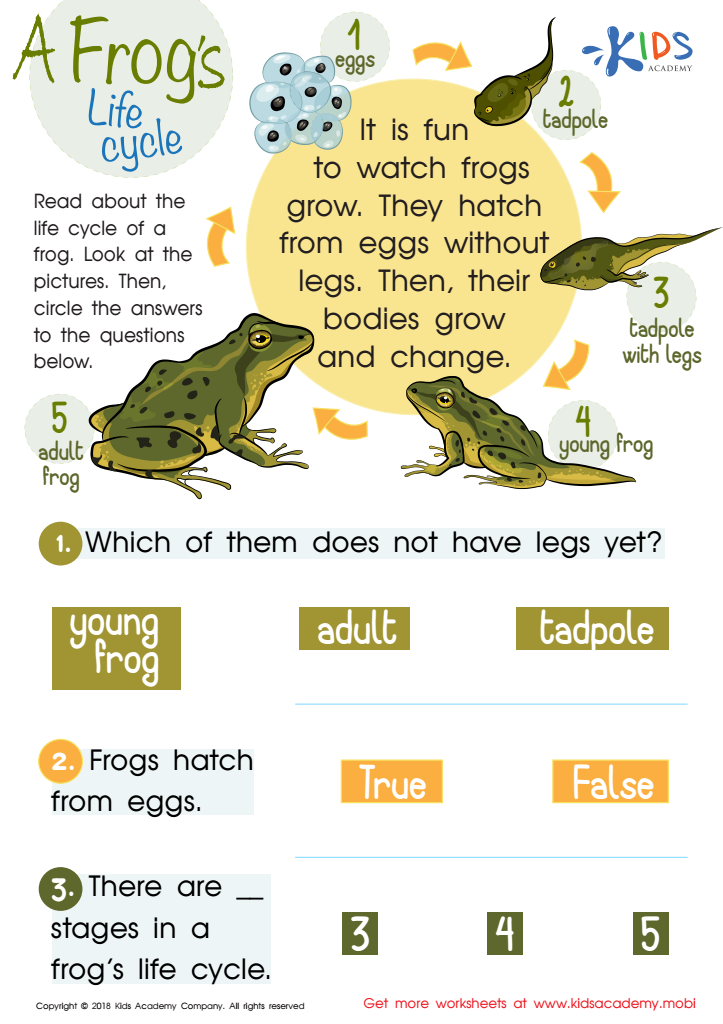

A Frog’s Life Cycle Worksheet
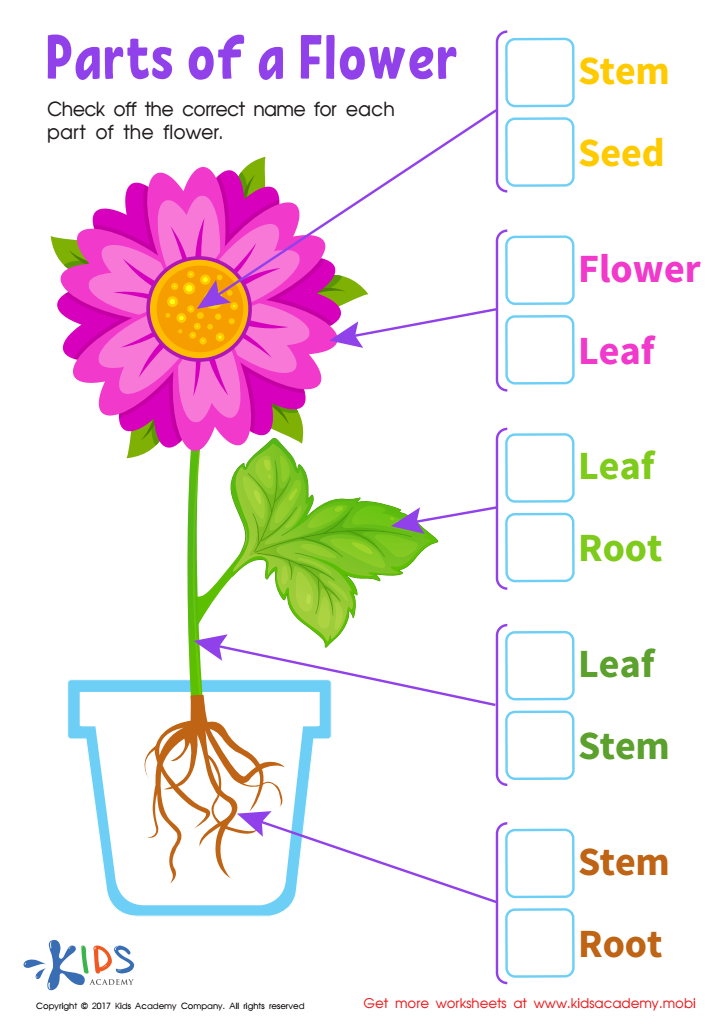

Parts Flower Printable
Easy Life Science for ages 3-7 is critical because it lays the groundwork for a lifetime of curiosity, learning, and scientific understanding. At this early stage, children's brains are extraordinarily receptive to new information, and introducing them to life science topics nurtures a sense of wonder about the natural world. This early engagement can foster positive attitudes towards learning and science in particular, making it more likely that they will continue to explore these subjects as they grow older.
Understanding basic life science concepts also supports cognitive development. Skills such as observation, classification, and critical thinking can be developed through simple activities like exploring plants, animals, and their habitats. For example, observing a caterpillar turn into a butterfly can teach lessons about life cycles, patience, and change, while raising questions that encourage deeper inquiry.
Moreover, introducing life science at a young age helps children develop a respect for nature and an awareness of the environment. This can foster responsible attitudes toward living organisms and ecosystems, crucial for future generations who will face global challenges such as climate change and biodiversity loss.
Lastly, life science activities are often hands-on, making learning active and fun. This enhances fine motor skills and encourages social interactions among peers, promoting a holistic educational experience. Parents and teachers should care deeply about Easy Life Science for young children because of its rich, multifaceted benefits for early development.
 Assign to My Students
Assign to My Students








